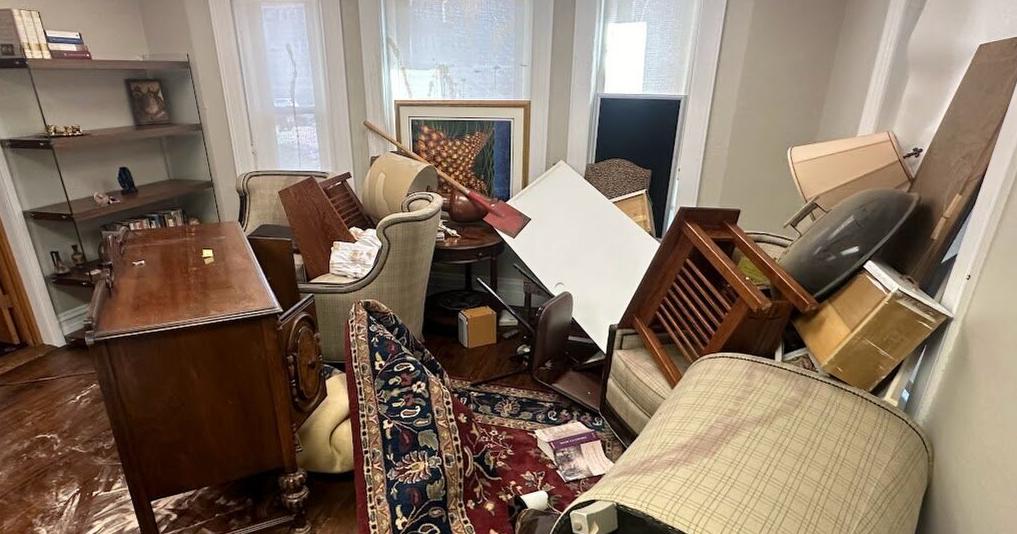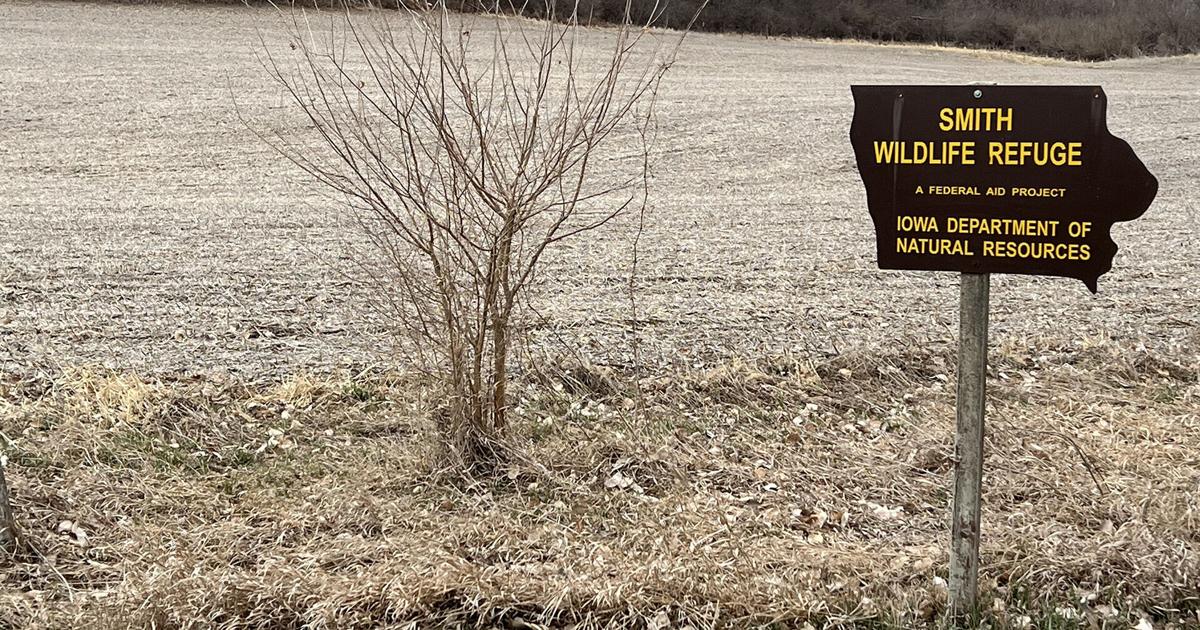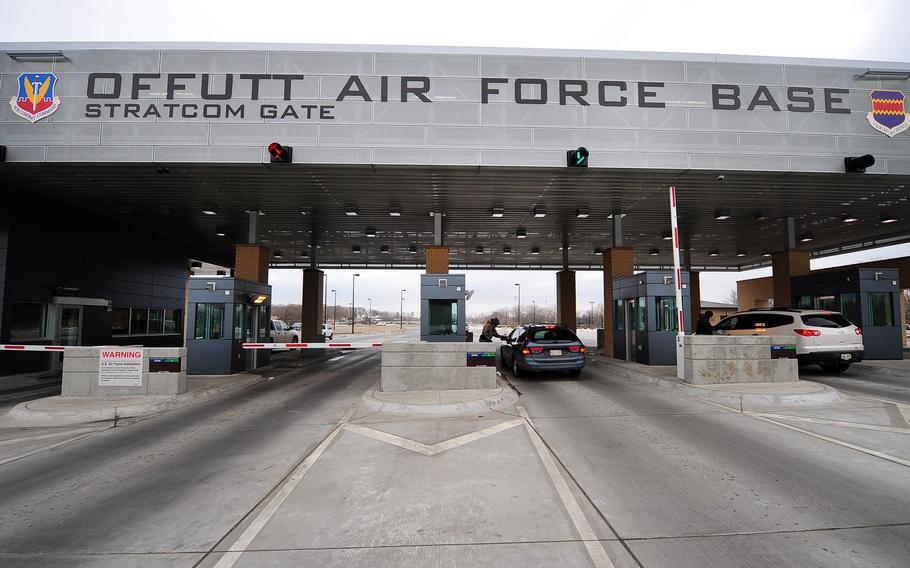By
Paul Krugman
Opinion Columnist
President Biden recently went to New York to
appear on “Late Night With Seth Meyers.” On the show he was the same guy whom those of us who’ve spoken with him have seen: not a spring chicken, obviously, but lucid, well informed and moderately funny. The contrast couldn’t be greater with Donald Trump, whose ranting has become
increasingly incoherent; after
mixing up Nikki Haley and Nancy Pelosi a few weeks back, he has now once again appeared to
confuse Biden with Barack Obama.
But not to worry: Trump recently
assured an audience, “There’s no cognitive problem. If there was, I’d know about it.”
Oh.
Republicans aren’t going to acknowledge either Biden’s lucidity or Trump’s increasingly more noticeable lack thereof. But the reaction to the “Late Night” appearance that I found most revealing wasn’t about presidential age; it was about what happened next. Biden and Meyers went for ice cream after the show, and Senator Tommy Tuberville of Alabama fired off a post on social media hoping Biden enjoyed his ice cream “while the rest of the city is afraid of crime and migrants.”
Reporters and readers were quick to point out that according to data from the Centers for Disease Control and Prevention,
in 2021 Alabama had a homicide rate more than three times as high as that of New York State, and, as Bloomberg’s Justin Fox notes, New York City is among the
safest big cities in America. Tuberville has become known for
getting crossed up on the issues, but his comment illustrated two larger aspects of our politics.
Advertisement
SKIP ADVERTISEMENT
First, there’s a striking double standard in the ways politicians are allowed to talk about different regions of America. Voters from rural states often complain about not getting enough respect, but can you imagine the reaction if, say, the Senate majority leader, Chuck Schumer, a New York Democrat, were to describe Alabama — which in 2021 had an extraordinarily high rate of
firearm mortality — as a place where everyone runs around shooting one another and themselves?
Sign up for the Opinion Today newsletter Get expert analysis of the news and a guide to the big ideas shaping the world every weekday morning. Get it sent to your inbox.
Second, and more important, I’m always struck by the extent to which today’s right-wing politics is driven by a grim, dystopian image of America, especially American cities, that just isn’t grounded in reality.
A lot of this seems to reflect perceptions that congealed long ago and haven’t been updated to reflect the ways in which urban America has changed for the better. New York really was a dangerous place a few decades back: There were
2,262 murders in 1990. Last year, however, with the pandemic-era bump in crime rapidly receding, there were only 391 — still too many — and early indications are that violent crime is continuing to fall.
Nationally, violent crime, at least
according to the F.B.I., is approaching a
50-year low.
Those are official statistics, but what about personal experience? I remember New York in the bad old days, and it’s nothing like that now. Polling on crime is remarkable, especially when broken down by partisan affiliation: According to Gallup,
78 percent of Republicans say that crime is an extremely or very serious problem for the nation, but only 16 percent say it’s a serious problem where they live. That’s not because Republicans live in safer places: Only 15 percent of Democrats say that local crime is a serious problem.
Crime isn’t the only subject where Republicans seem to be living in the past. In another recent speech, Trump
declared: “We’re like a third world nation. Look at our airports. … I mean, how bad are the airports?” He may have been thinking of La Guardia in the 1970s. I recently landed at Newark’s new Terminal A, and it was a striking reminder of just how gentrified America’s major airports have become.
Advertisement
SKIP ADVERTISEMENT
Trump has also been going on lately about “migrant crime” being “through the roof,” singling out New York (naturally). But as I’ve already noted, homicides in New York — where
36 percent of the population is foreign born — have been falling rapidly.
And while there have, of course, been violent crimes committed by immigrants, including those here illegally, an
analysis by NBC News found that “despite several horrifying high-profile episodes, there is no evidence of a migrant-driven crime wave in the United States.”
None of this says that we should have an open border. Indeed, this year Democrats and Republicans in the Senate
agreed on a bill that would have greatly stiffened border security; Republicans then backed out at Trump’s behest, pretty clearly because Trump wants to keep the fear factor going.
Now, I’m not saying that everything is fine. Americans were badly rattled by a crime surge in 2020-21 and an
inflation surge in 2021-22, both of which were probably, for the most part, aftershocks from the Covid-19 pandemic. Both surges now appear to be rapidly receding, but the unease remains, and there are still plenty of social and economic problems to address.
Yet in 2024, Trump and his party appear to be running not against America’s rising problems but against problems that have actually become much less dire.
Can a political party really win a national election on the strength of dystopian fantasies? Unfortunately,
current polling suggests that it can.


